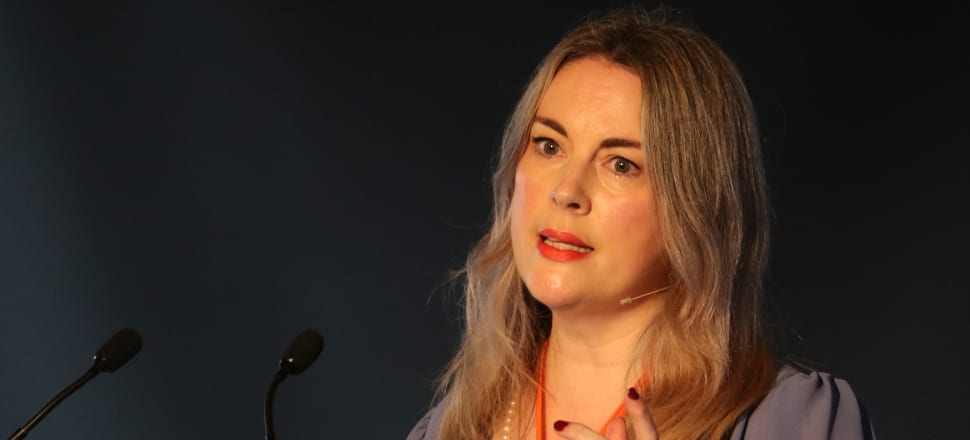
Ongoing harassment, a security breach and a death threat contributed to the cancellation of two seminars on political disinformation this week, Marc Daalder reports
Those who study disinformation and online extremism are themselves increasingly the targets of harassment, abuse and threatening behaviour.
The latest example came this week when a series of private briefings for journalists on political disinformation in New Zealand had to be cancelled amid safety concerns.
Kate Hannah, director of the non-government research group The Disinformation Project, said efforts to attend by those not invited, and a security breach led to the decision to call off the seminars.
The two sessions - one in Auckland this week and one in Wellington next week - were advertised as "an opportunity for journalists and producers to openly discuss disinformation issues with experts". They would follow Chatham House rules, which meant information could be publicly disclosed but not attributed to any particular individual. Staff from the Disinformation Project and independent academics were to present.
It is not unusual for journalists to attend background briefings on a range of sensitive topics, including foreign affairs, national security and ahead of government policy launches. Experts also frequently host seminars for media on scientific topics, often facilitated by the Science Media Centre.
Invitations to the disinformation briefings were privately dispatched via the Science Media Centre, but screenshots of the invite appeared soon after on extremist Telegram channels. As the images spread, online users expressed the intent to attend the media-only sessions.
Eventually, Disinformation Project research fellow Sanjana Hattotuwa saw screenshots of that invitation circulating on Telegram and other places, Hannah said.
The location of each event was going to be sent out to the same list the night prior, but the leak meant the hosts couldn't be sure they would remain private. In the end, Hannah said, the safest thing was to cancel.
It also came at a time of heightened awareness about security threats, after a counter-terror hui and the screening of a documentary on TVNZ about disinformation featuring Hannah.
"It was the day after the documentary Web of Chaos plays, we've just had two days of the He Whenua Taurikura hui, this is all just too much to cope with."
While security had been organised for the venues, "I just didn't want to be in a situation where security had to fend off someone".
After making the decision but before notifying attendees, Hannah received an emailed death threat railing against the Disinformation Project's "collusion" with media. That only cemented in her mind the decision to cancel.
Death threats aren't unusual for Hannah. Over the past year, she has become the fixation of a number of online extremists. In the first week of October alone, at least 24 posts across 10 fringe Telegram channels mentioned her by name.
"There's lists of those people who are going to get executed," Hannah said in the Web of Chaos documentary. "Those who are responsible for implementing or supporting the Covid-19 framework. And I'm on that list. I'm on many lists and many of my colleagues are on lists."
It's a continuation of the trend established during Covid-19 where experts and policymakers were targeted with increasingly abusive and violent rhetoric. Now even the people who study that rhetoric have become targets.







